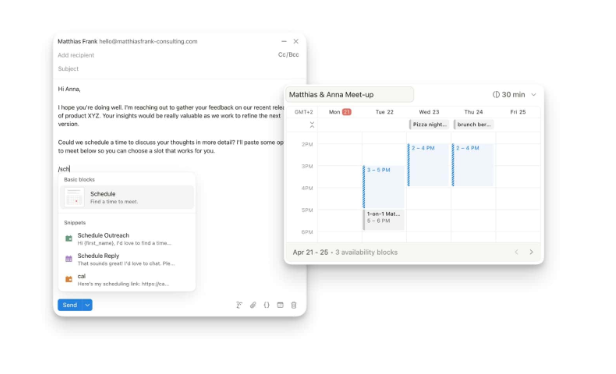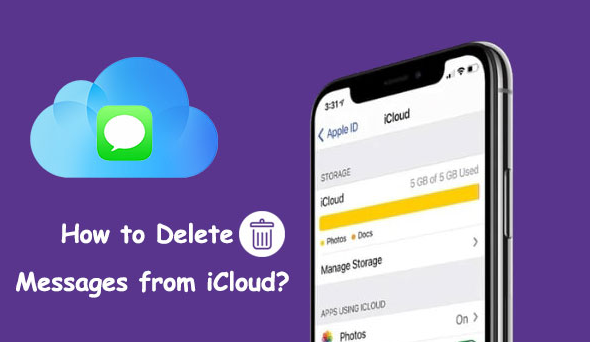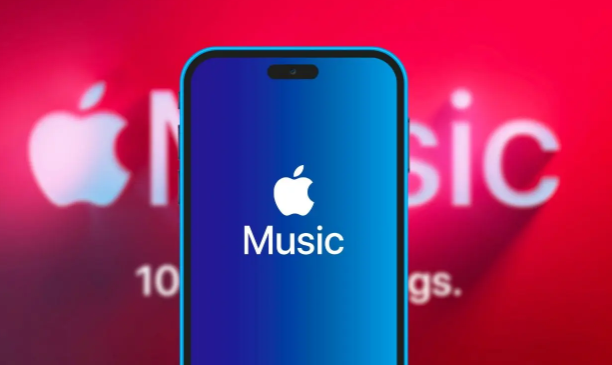In today’s world, email is still one of the most important tools for communication. On the other hand, productivity tools like Notion have changed the way we work by giving us one place for notes, tasks, and databases. But many people wonder about Notion Mail – is it a built-in email system, or how does Notion work with emails?
The short answer is that Notion does not have its own official email service like Gmail or Outlook. Instead, Notion Mail refers to different ways of integrating emails into Notion using third-party tools, workarounds, and automation. With the right setup, you can bring your important emails into Notion, manage newsletters, track communication, and keep all your work in one place.
In this article, we will cover everything about Notion Mail, including how it works, different methods of integration, use cases, and step-by-step guides to make the most out of it.
Table of Contents
What is Notion Mail
Notion Mail is not a standalone product by Notion. Instead, it describes the practice of connecting your email with Notion. This way, you can capture emails, organize them into Notion databases, and even automate tasks directly from your inbox.
Think of it like this: instead of having your important project updates in Gmail, your personal reminders in Outlook, and your notes in Notion, you can connect everything. That way, you never lose track of important emails, and you can manage them right where your work happens.
Why Use Notion Mail
Emails can quickly get overwhelming. A single day might bring dozens of newsletters, client updates, reminders, and notifications. Notion Mail helps solve this by:
- Centralizing Information – Store emails alongside tasks, notes, and projects in Notion.
- Better Organization – Tag, filter, and categorize emails just like you do with notes or databases.
- Automation – Save time by letting tools send important emails to Notion automatically.
- Team Collaboration – Share email updates with your team without forwarding messages endlessly.
- Archiving – Keep a searchable log of important emails without cluttering your inbox.
Different Ways to Use Notion Mail
There are several methods to connect emails with Notion. Each comes with its pros and cons depending on your needs. Let’s look at the main ones.
1. Using Notion API and Automation Tools
- Tools like Zapier, Make (Integromat), and Automate.io can connect Gmail or Outlook with Notion.
- Example: A Zap can automatically send any starred Gmail message into a Notion database as a new entry.
- This is useful for tracking client messages, newsletters, or task reminders.
2. Using Third-Party Services (Mail to Notion)
- Websites like MailToNotion allow you to forward emails directly into Notion.
- Each user gets a custom email address, and whenever you forward an email to that address, it appears in your Notion database.
- Best for people who want a simple, no-code solution.
3. Manual Copy and Paste
- Not the most efficient, but some people just copy important email text and paste it into Notion pages.
- Works for quick notes, but not scalable for heavy email usage.
4. Browser Extensions and Plugins
- Some Chrome extensions allow saving Gmail emails into Notion with one click.
- Useful for individuals who need selective email saving.
Best Use Cases for Notion Mail
Here are some practical scenarios where Notion Mail can be very powerful:
- Newsletter Management – Collect all your favorite newsletters in Notion instead of cluttering your inbox.
- Client Communication Tracking – Keep a history of client emails alongside project tasks.
- Task Creation from Emails – Convert important emails into actionable tasks in your Notion to-do list.
- Team Updates – Share important company-wide announcements directly inside Notion.
- Personal Journaling – Save personal emails, event confirmations, or receipts into Notion for record-keeping.
Step-by-Step Guide: How to Set Up Notion Mail
Here’s a simple way to set up Mail to Notion (a popular tool).
- Sign Up – Go to mailtonotion.com and sign in with your Notion account.
- Create a Database – In Notion, create a database where you want your emails to appear.
- Connect – Link the MailToNotion service with your database.
- Get Your Custom Email – You’ll receive a unique forwarding email address.
- Forward Emails – Any time you forward an email to that address, it appears in Notion instantly.
This setup is perfect for people who don’t want to deal with coding or automation tools.
Benefits and Limitations of Notion Mail
Benefits
- Centralized work environment.
- Better email organization.
- Custom automation possible.
- Easy collaboration with teams.
Limitations
- No native email client inside Notion.
- Setup requires third-party tools.
- May have limits depending on the service (free vs. paid).
- Not ideal for real-time email replies.
Tips for Making the Most of Notion Mail
- Use tags and filters in Notion to organize emails by type (work, personal, newsletters).
- Create a dashboard view for quick access to important emails.
- Automate repetitive tasks (e.g., saving receipts, weekly reports).
- Regularly clean up your database to avoid clutter.
- Combine emails with Notion reminders for deadlines.
Future of Notion Mail
As Notion continues to grow, many users hope for a built-in Notion Mail client. While that’s not available yet, integrations are becoming smoother. The rise of Notion AI may also make email summarization, categorization, and task creation much smarter.
For now, using integrations like MailToNotion or Zapier is the best way to enjoy the benefits of Notion Mail.
Conclusion
Notion Mail is not an official email service, but rather a smart way of combining your email with Notion. By integrating Gmail, Outlook, or other providers with Notion through tools like MailToNotion, Zapier, and Make, you can centralize communication, improve productivity, and keep all your work in one place.
If you’re someone who often loses track of important emails, Notion Mail can be a game-changer. It lets you turn your inbox into an organized system inside Notion, making emails more actionable and easier to manage.
FAQs
Q1. Does Notion have its own email service?
No, Notion does not provide its own email system. You need to use third-party integrations to connect emails to Notion.
Q2. Can I send an email directly to Notion?
Yes, with tools like MailToNotion, you can forward emails directly into your Notion databases.
Q3. Is Notion Mail free?
Some services like MailToNotion have free plans, but advanced features may require a subscription.



